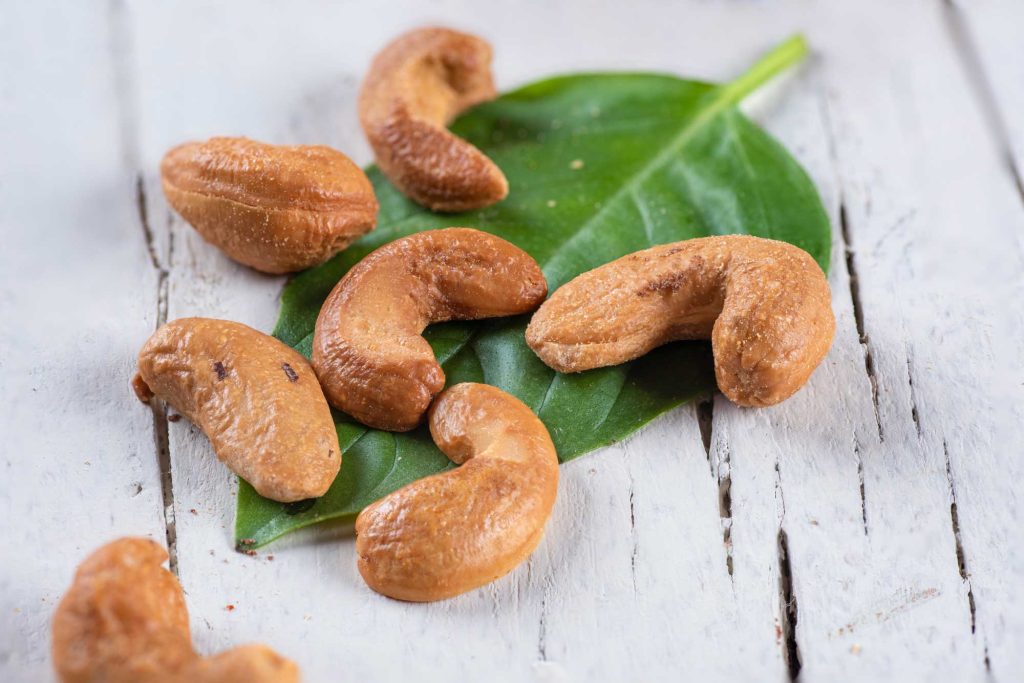Both the fruit (nuts) and the fleshy part of the cashew are delicious sources of energy that strengthen the immune system and also prevent diseases.
RUNNER-UP
It has more vitamin C than oranges: “Each 100 g (one unit) has 219 mg of the vitamin. It is second only to acerola, which has 941 mg in the same amount”, says nutritionist Priscila Teles, from the Mundo Verde network.
AGAINST – INDICATION
According to nutritionists, some people may be allergic, especially to nuts, despite them being less allergenic than other nuts. In that case, avoid them.
EYE ON THE DIET
“The fruit and nuts can be recommended for those who want to lose weight”, he says. One large cashew has about 43 calories. With chestnuts, you need to be careful: “Each 30 g adds up to just over 150 calories”, says Priscila.
HEALTH COMBO
Also called pseudo-fruit, the fleshy part contains potassium (antihypertensive effect), iron (linked to the transport of oxygen in the blood) and vitamin A (strengthens the immune system).
ON THE MENU
It is recommended to consume 3 servings of fruit daily. “Given the richness of nutrients in cashew, it is possible to recommend ingesting one of these portions”, says Priscila. Of cashew nuts, a handful (30 g) a day.
ANTIOXIDANTS
Flavonoids and carotenoids are present in the pseudo-fruit, combating free radicals responsible for premature cellular aging and helping to prevent cancer and cardiovascular diseases.
THE CASHEW NUT!
The nuts is the true fruit of the cashew. It is rich in mono and polyunsaturated fats. “These are good fats that help control cholesterol”, explains Priscila.
Furthermore, chestnuts are a source of iron, potassium, magnesium, phosphorus, zinc and vitamin E. While the last two have anti-oxidant effects, magnesium participates in several functions of the body.
It even helps control blood glucose levels. “Phosphorus is involved in the metabolism of energy generation in the body”, he adds.
Latest news
Opening hours
Address
- PIV - Polo Industrial de Viana, Complexo Toptech, Nave N°. 14, Luanda - Angola
- 2024 Angocaju | Web design by Xamariz

